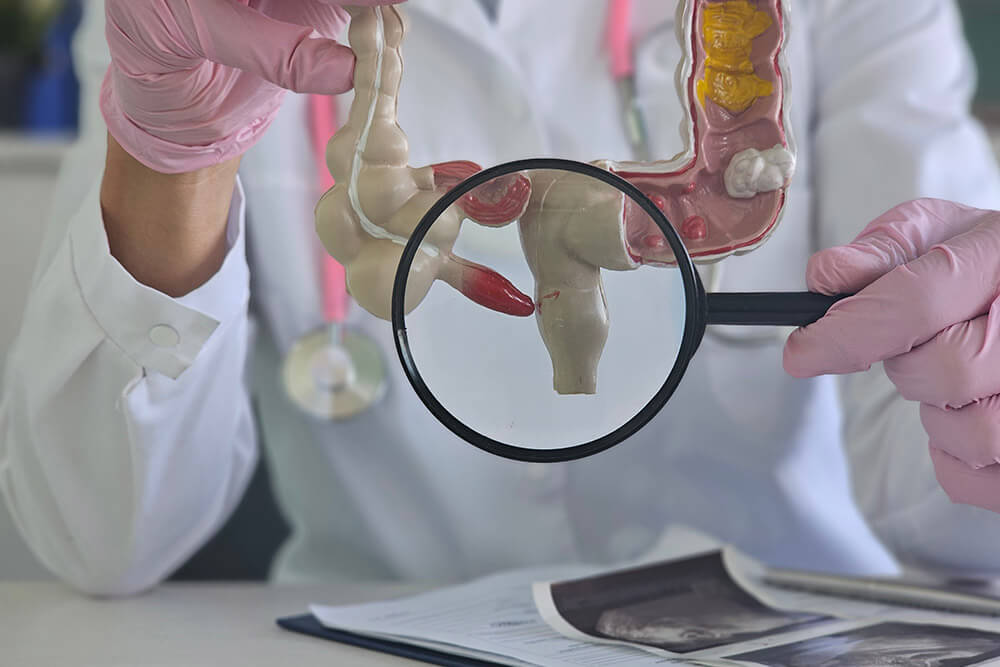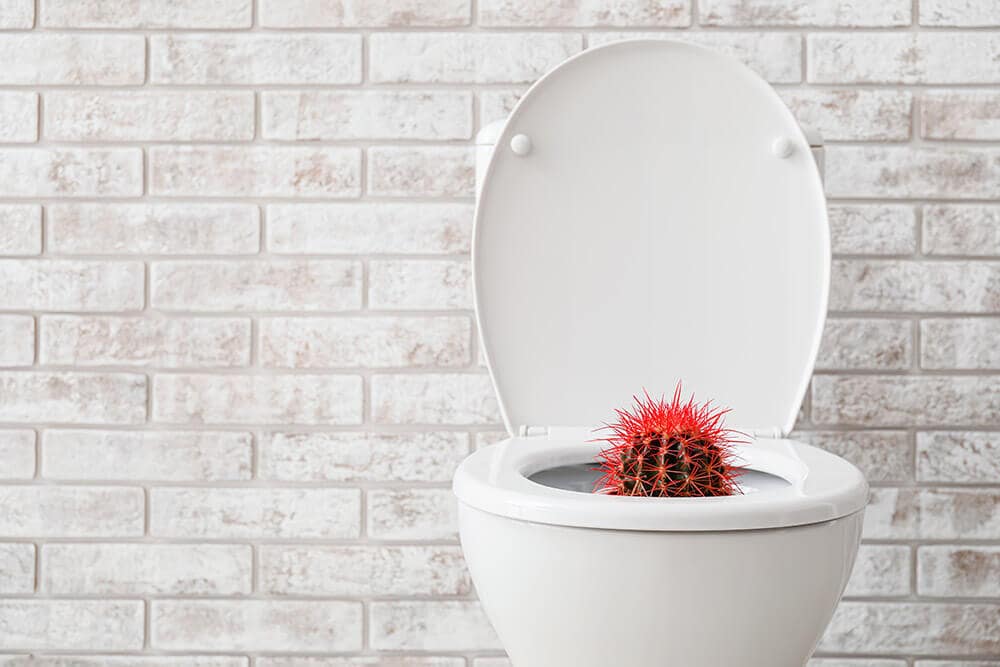Expert Treatment for Granuloma In Intestine by Dr. Bharat Pothuri
Dr. Pothuri uses a step-by-step approach:
Medical History and Exam
He reviews your abdominal pain patterns (including epigastric discomfort), family history of inflammatory bowel disease, prior infections, smoking, and stress levels. A targeted physical exam checks for tenderness, masses, or signs of inflammation.
Blood and Stool Tests
We measure inflammatory markers (CRP, ESR), complete blood count, and nutritional status. Stool studies look for occult blood, pathogens, and calprotectin levels to assess gut inflammation or infection.
Imaging Studies
- CT enterography evaluates bowel wall thickening, strictures, and abscesses.
- MRI enterography provides detailed images of small-bowel inflammation without radiation.
- Abdominal ultrasound can detect lymph node enlargement and fluid collections.
Endoscopy and Biopsy
A colonoscopy or upper endoscopy allows direct visualization of the mucosa and targeted biopsies. Tissue sampling confirms the presence of granulomas and helps rule out infections like tuberculosis.

Frequently Asked Questions
Is a granuloma in the intestine dangerous?
Not always. A granuloma signals inflammation that needs evaluation and treatment to prevent complications.
How long does diagnosis take?
Most patients receive answers within one to two weeks after blood tests, imaging, and biopsies.
Can diet fix intestinal granulomas?
Diet alone can ease symptoms but usually isn't enough. Proper medication and medical care are required to treat the underlying cause.
Will I need surgery for granulomas?
Only if there's bowel damage or blockage. Many cases respond well to medication and minimally invasive procedures.
Are biologic therapies safe?
Yes. Biologics are FDA-approved and well tolerated, with regular monitoring to manage any side effects.
Do you treat children as well as adults?
Absolutely. Dr. Pothuri and the GastroDoxs team provide expert care for both pediatric and adult patients.












